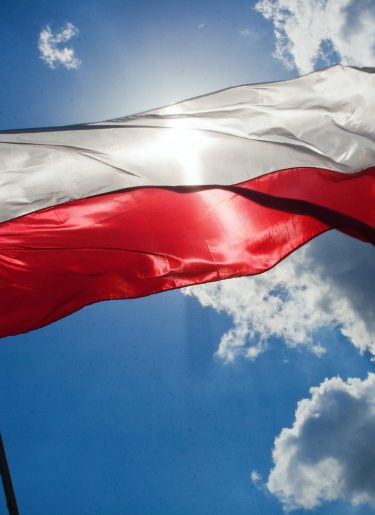
The war in Ukraine has exacted a heavy toll on the Polish labour market, with the loss of a broad workforce, especially for manual jobs. Shortages in traditionally male industrial sectors, such as construction and logistics, cannot now be filled with new employees from Ukraine.
By contrast, more than 2.5 million refugees have so far crossed the Polish-Ukrainian border. Most of them are mothers with children and elderly people. It is expected that some will stay in Poland and be absorbed into the Polish labour market. This should be a positive information development, particularly as they may be in a position to fill certain vacancies in specialised positions that are in great demand in Poland, such as in the medical sector (nurses, midwives, doctors), the textile industry (seamstresses), education (teachers, nannies, kindergarten teachers), and also IT.
The Polish government has taken certain steps to ease the process of hiring Ukrainian workers in Poland. Citizens of Ukraine who have come to Poland as a result of the war in their country have the right to stay in Poland and work without obtaining a work permit. However, this solution only takes matter so far, as those coming from Ukraine to escape the war are not exclusively Ukrainian citizens.
The influx of refugees from Ukraine will have a big impact on spending by the Polish government. It will need to provide food, housing, education, and medical services in a health sector that has already been devastated by the fight against COVID.
At the same time, Poland has gained more than two million new consumers, which will likely increase the revenues of retail chains and, at least in the short term, boost private consumption and the GDP. It should also mean an increase in tax revenue (VAT, excise duty and retail sales tax). Nevertheless, public finances will need to shoulder an increasing burden in terms of the cost of maintaining refugees. This will mean higher government spending, not covered by current revenue.
The level of inflation in Poland is more than 10% and is at its highest level for 21 years. Constantly increasing interest rates on mortgage credit is driving the cost of mortgages up and up. This may result in lower consumption, weaker investments and, consequently, slower economic growth. The economic situation is also being adversely affected by the rising price of food and materials, especially gas and oil.


